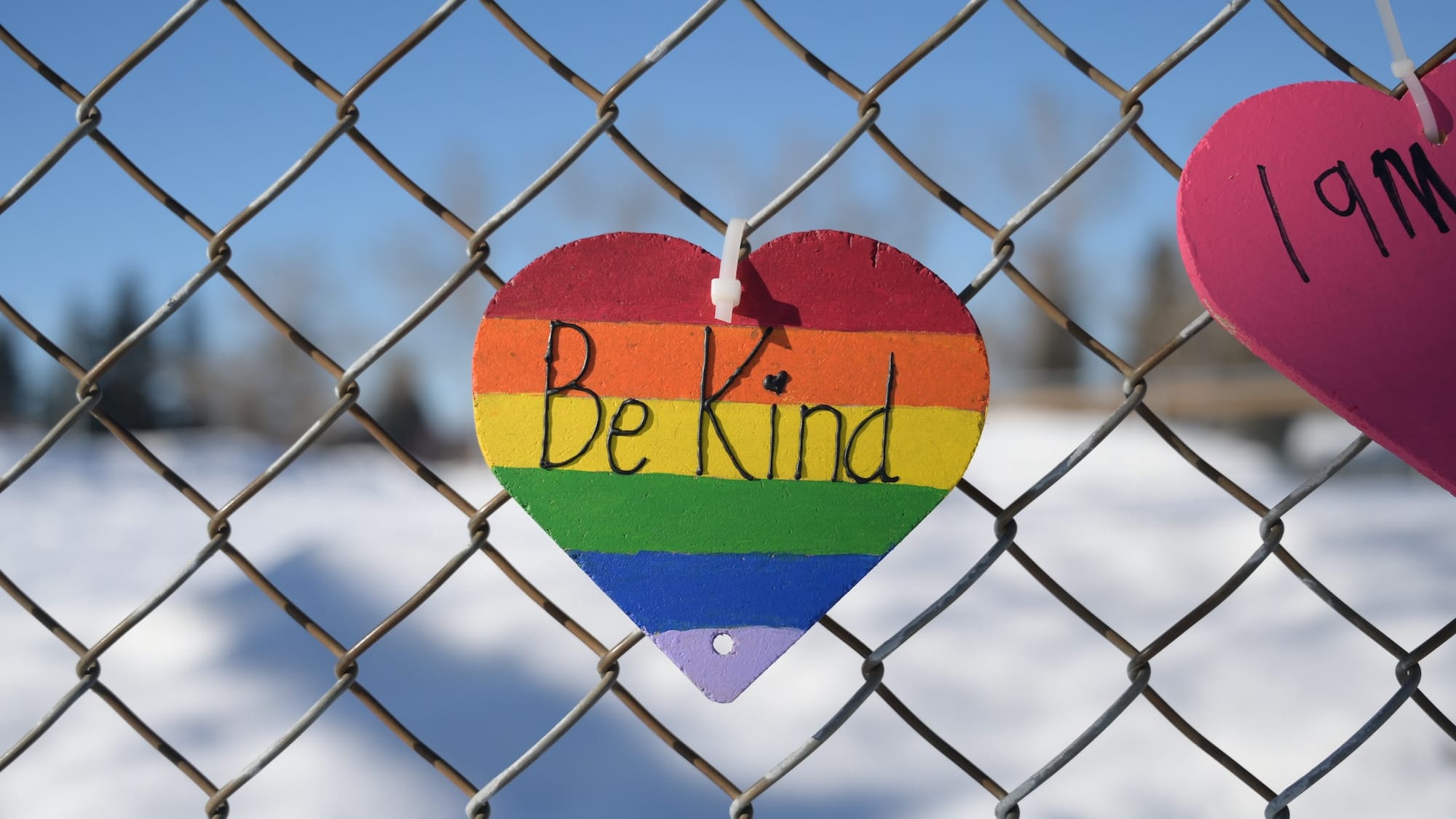Meditation helped me see that I'm a humanist at heart
Empathy, understanding, and science underpin the humanist outlook.

There's no need for me to retread how difficult a year 2020 has been, almost universally. In one way or another, everyone has been affected by the COVID-19 pandemic. Whether you caught the virus, were captured by the resulting mental and economic challenge, or, sadly, experienced the loss of a friend or loved one, it's touched all of our lives.
Despite the hellscape caused by the virus, there have been some glimmers of positivity to hold on to. As I write this, three vaccines have announced promising preliminary results, hinting at a possible end to the pandemic. Although some are still resistant to the idea, green recovery programs are being debated and implemented worldwide as we collectively start to tackle the climate emergency.
These are broad, high-level changes, though. We shouldn't forget the more intimate acts of kindness, generosity, and companionship that people have shown. This has no doubt been helped by the fact that, at least on some level, we really are all in this together. It's never been more clear that no matter where you're from, the religion you practise, your sexuality, beliefs, opinions, and political stance, we are all affected and all part of a shared humanity.
It's unnecessary to believe in a higher spiritual being to appreciate the suffering the pandemic has caused instinctually. We can empathise, we can support, we can act. We can do all of these things without regulation, without state intervention, and without the need for authority. We have the capacity and ability to be kind to one another, to offer friendship and support.
After more than five years of meditating with the Headspace app, one thing that becomes abundantly clear, as the app's co-creator Andy Puddicombe often notes, is that we are part of a shared experience. If you feel stressed, lonely, upset, happy, let-down, or frustrated, there is someone else, somewhere, who feels exactly as you do right now. That's a powerful idea.
Many religions share the same core beliefs of empathy and understanding. As quoted in The Little Book of Humanism, the philosopher Derek Parfit noted, "We ought to treat everyone as we would rationally be willing to be treated if we were going to be in all of those people's positions and would be relevantly like them."
This expands the oft-quoted "do unto others as you would have done to you" but reframes it as an empathetic practise to truly imagine the position the other person is in. This helps you to understand their situation and frame of mind better.
The two significant examples of hope (vaccines, approach to climate change) are based not on opinion or personal preference but science. Although tackling the climate emergency is a far broader, more politically-charged (even though it shouldn't be) topic, the development of COVID-19 vaccines is a wonder of scientific accomplishment.
At the time of writing, we only just passed the first anniversary of the first known COVID-19 patient, and yet there are at least three promising vaccines ready for production.
Understanding the natural world is the most important task we have. We can protect it by minimising our impact, protecting animals, reducing our meat intake, or taking on a more vegan-friendly lifestyle.
But the only reason we know this is because of the incredible ingenuity of humans to be curious and analyse and theorise about the world around us. Science, not politics or economics, is our most important tool for protecting our planet, improving our health, and enhancing the world for future generations.

